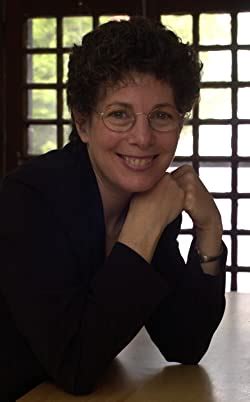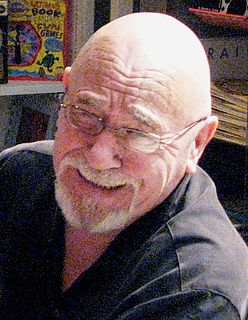A Quote by Samuel Johnson
The richest author that ever grazed the common of literature.
Quote Topics
Related Quotes
When I read a novel that I really like, I feel as if I am in direct, personal communication with the author. I feel as if the author and I are on the same wavelength mentally, that we have a lot in common with each other, and that we could have an interesting conversation, or even a friendship, if the circumstances permitted it. When the novel comes to an end, I feel a certain letdown, a loss of contact. It is natural to want to recapture that feeling by reading other works by the same author, or by corresponding with him/her directly.
No one spoke in terms of children's literature, as opposed to adult literature, until around the 1940s. It wasn't categorised much before then. Even Grimm's tales were written for adults. But it is true that ever since 'Harry Potter' there has been a renaissance in fantasy literature. J. K. Rowling opened the door again.






































